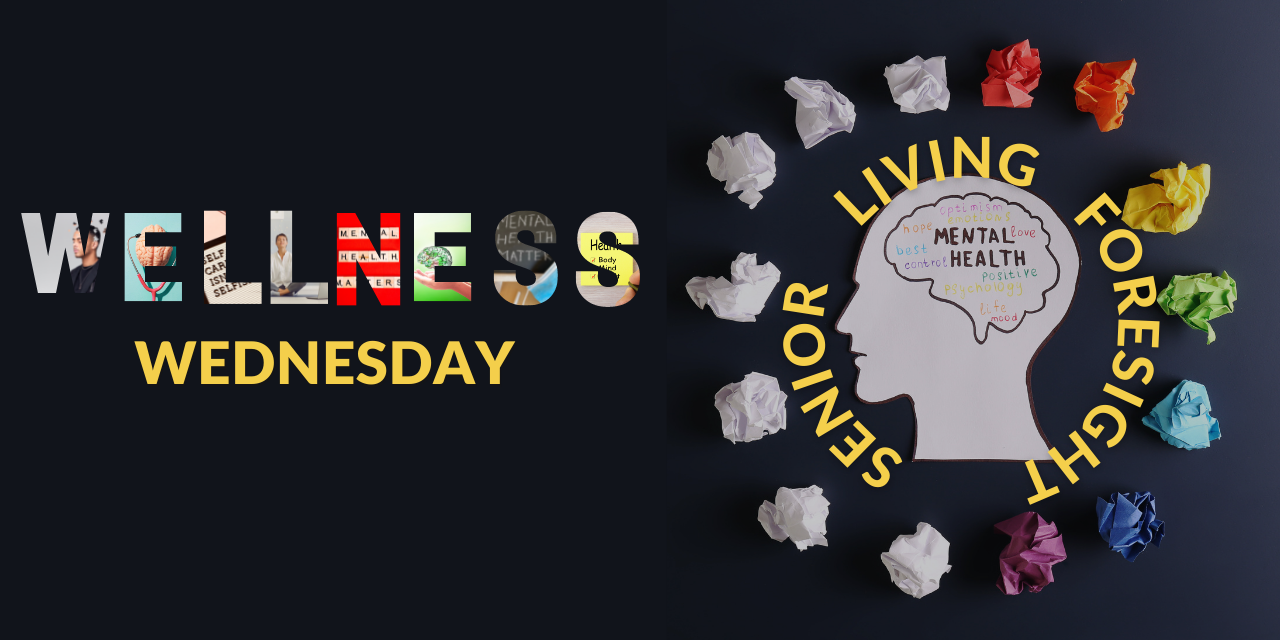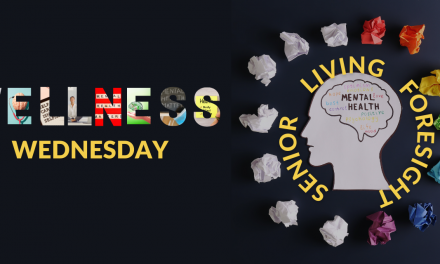By Sophie Okolo
Have you ever felt overworked? If yes, then you’re not alone.
As senior living professionals, we always want to do our best, and give our best, especially since people depend on us. But we must also be careful what type of culture we are creating for our communities.
We can easily get caught up with doing good work, but working in ways that leave us drained and exhausted is not healthy. Instead, we should approach our work with grace and self-compassion.
Here are four tips to start cutting ourselves some slack.
1. Create Boundaries.
I once heard someone say that every time you say YES to something, you are saying NO to something else.
Having boundaries may seem like a bad thing, but it really isn’t. When you have poor or no boundaries at work, you give other people power to control your actions and decisions. I learned this the hard way only four years ago. I was giving my all in both my personal and professional life until I burned out.
If you didn’t know: The World Health Organization officially recognized burnout in its International Classification of Diseases. Yes, burnout is now a legitimate medical diagnosis! Crazy, right?
When you spend time pleasing everyone around you, and not taking a second to ask questions like, “Why am I trying to please everyone?” or, “What am I afraid of?” it’s not healthy for anyone.
In my case, I started saying no to certain things, even if they sounded nice, and what happened next was surprising. I started doing things I actually wanted to do, and I also had more time to myself.
As a recovering people pleaser, I’m still a work in progress, but creating boundaries has helped me in the long run!
2. Don’t Sweat the Small Stuff.
If you’re always over-detailed, it’s time to change that. While being detailed is not actually a bad thing, stressing over EVERY detail or things that are not important in the grand scheme of your work can affect your health.
Think about this. If you’re a director of activities, you should not be stressing over every single activity or small details. What’s important is your residents are happy and engaged. On a particular day, let an activity continue for an extra five minutes, or carve out 10 minutes here and there during the day for your own respite without feeling guilty. If you don’t, you may spend a lot of time and energy stressing over unimportant things.
3. Make Respite A Priority
Respite is another word for REST, but rest is not easy for some of us. Whether you’ve gone back to school, are a family caretaker, or are working in senior living, taking time to rest is a good way for your body to recharge.
Our society already puts pressure on us throughout our lives — pressure to get good grades, pressure to perform at work, and sometimes pressure to work too much. Rest may seem like a foreign idea, but making it a priority, however hard it is at first, is important.
As a friend of mine always says, “Invest in rest, or else you will pay for it in some way.” A lack of rest will harm our health if we don’t find time for it. As senior living professionals, we must be careful to not take out our frustrations and stress on our residents because we haven’t taken the time to rest.
4. Give Yourself Grace
I read somewhere that giving yourself grace means giving yourself permission to forgive your mistakes, lapses in judgment, and hurtful behavior, because no one is perfect. This is so true!
Life can be hard, so in times of doubt, I try to remember what’s important: being a good sister, daughter, and friend. Three things that help me in my daily life are ignoring the negative, practicing patience, and being kind to myself.
If you have not started giving yourself grace, then please start today. It can be the difference between poor and good emotional and mental health. It can also make a difference in how you interact with your residents. Be kind.






